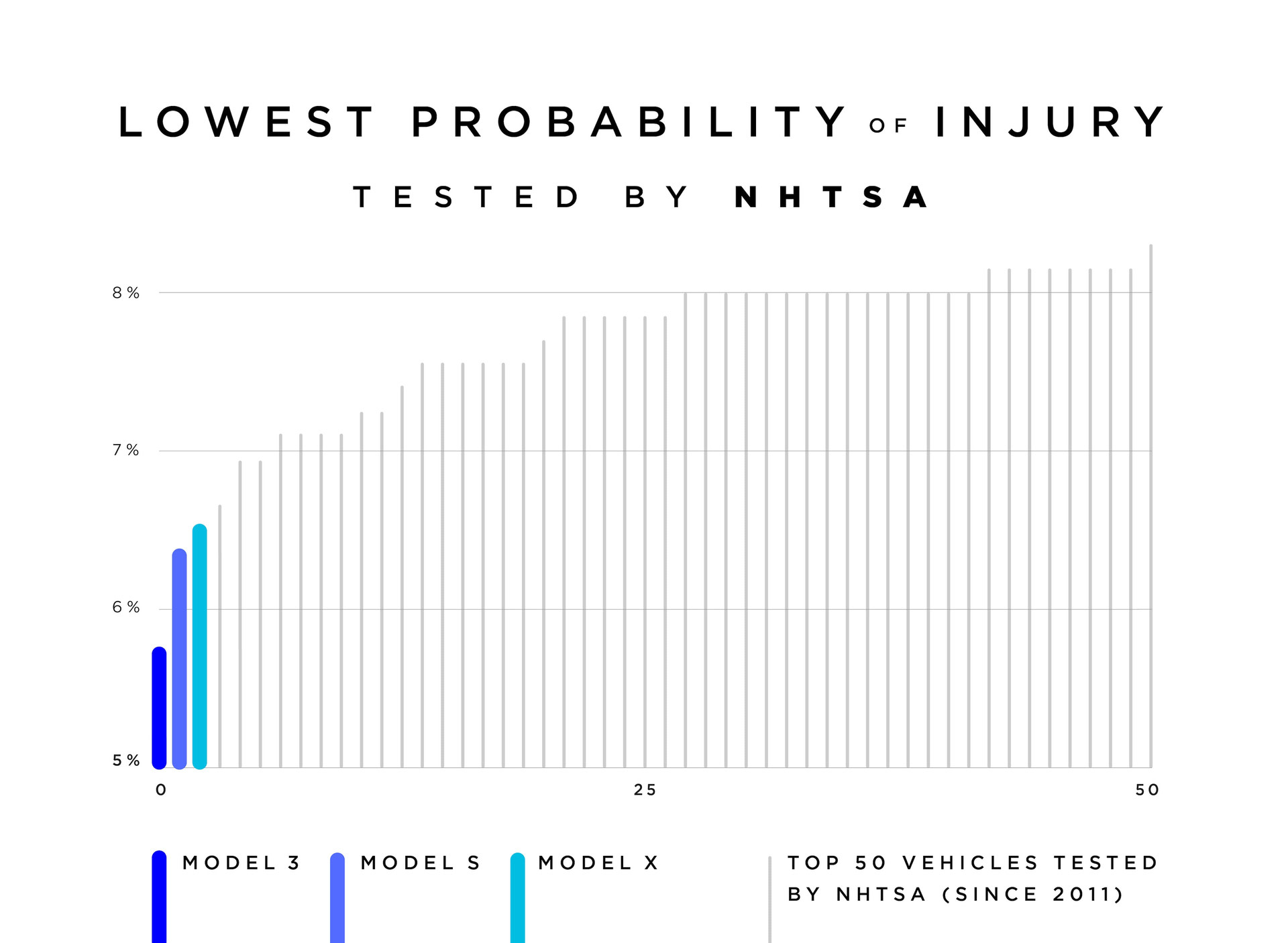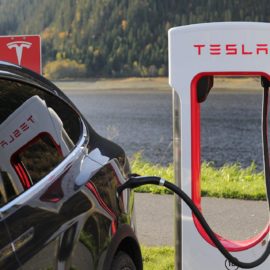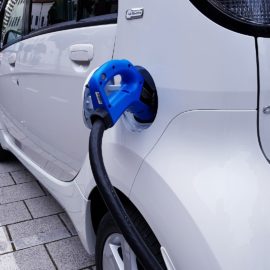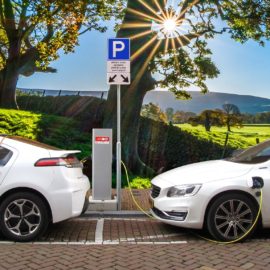
In the last five years, my family has owned three Teslas. We’ve taken scores of long-distance trips, covering 85,000+ miles in the process. What was scary about driving EVs at first has since become mundane. They are wonderful vehicles to drive and own, and hopefully this article will show you why!
Before we get to the concerns…
Electric vehicles (EVs) are an essential technology to slowing climate change. They produce zero tailpipe pollution and use far less energy than gasoline/diesel cars (even when accounting for higher initial emissions).
EVs are more fun to drive – faster and more responsive than traditional cars due to their instantaneous torque from electric motors.
EVs are safer – Teslas in particular have the lowest probability of injury of vehicles tested by NHTSA.
However, there are some tradeoffs that can make upgrading scary. I’ve listed some of the top four concerns I’ve heard and shared my thoughts on them. If you have other questions about switching to an EV (and a Tesla in particular), I’m here to help you out!
1. “I really dislike Elon Musk”
First things first, I don’t agree with everything Elon says. Some of his comments have been hateful and people are understandably turned off by Teslas as a result. I’m most disappointed that after struggling for 15+ years to proliferate electric vehicles, Elon single-handedly set EV adoption back by several years.
I’m in the camp of Tesla is much bigger than Elon and they produce the best products that can eliminate transportation emissions. I believe people who dislike Elon but care about the environment should buy Teslas despite him.
If you can’t get past disliking Elon, there are several other well-regarded EVs available. Matt Candler of My Next Electric provides an EV coaching service to help you find yours!
2. “I’m worried about how far it can drive”
You start every trip with an 80% “full tank”
95% of the time, I charge my car at home. It’s incredibly convenient to have your own personal fueling station that fills up your car while you sleep. In the 85,000+ miles we’ve driven, we’ve never wanted to go somewhere but haven’t because our car battery was too low. Every time we come home, we just plug in our car and we’re set by the time we want to leave!
In aggregate, I save way more time refueling than if I had a gasoline vehicle. Yes, maybe 6 times per year I drive 250+ miles AND I’m not staying at a place with a charger. In that case, I simply stop at a Supercharger (see below). No big deal.
Overall, home charging is WAY more convenient than using gas stations.
Supercharging is incredibly easy
If I do need to charge on the go, it only takes 15 minutes to charge at a Supercharger. That’s maybe 10 minutes more than a gas station fill up, but it also comes with these benefits:
- No need to take out a credit card and fumble with a 1980s screen that doesn’t work half the time – it’s as easy as plugging in your phone
- No need to inhale a concentration of carcinogens
- No need to stand by a pump in case it malfunctions and spills flammable material everywhere – you can go inside to use the bathroom / get food or sit in your car
- No need to search for gas stations – your car will automatically route you to a Supercharger if you need one to reach your destination
Yes, your range will be lower in cold weather
In general, battery electric vehicles can’t drive as far as their gasoline counterparts. This is doubly true during extreme cold weather. In 30°F weather, you can expect to hit maybe 70% of your stated range at best (if you have a newer EV with a heat pump), and 50% at worst.
While that’s true, I think the concern is overblown because of the above.
Also, while there were recent articles about Superchargers not working in Chicago due to the extreme cold, know that’s the exception rather than the rule. Gas stations have run into similar issues but that doesn’t get nearly as much media attention.
3. “Electric vehicles cost too much to buy and operate”
EVs are less expensive than you think
Electric vehicles have higher upfront purchase costs than ICE (internal combustion engine, aka gasoline/diesel) cars.
However, that gap is narrowing.
A Tesla Model Y, the most popular car in the world, starts at $36,490 (after the $7,500 point-of-sale federal tax credit).
That’s approaching the 2023 median compact SUV price of $34,195.
EVs are cheaper to run
They also cost less to operate and maintain.
In the last year, we saved almost $100/month in fuel costs for our Model Y!
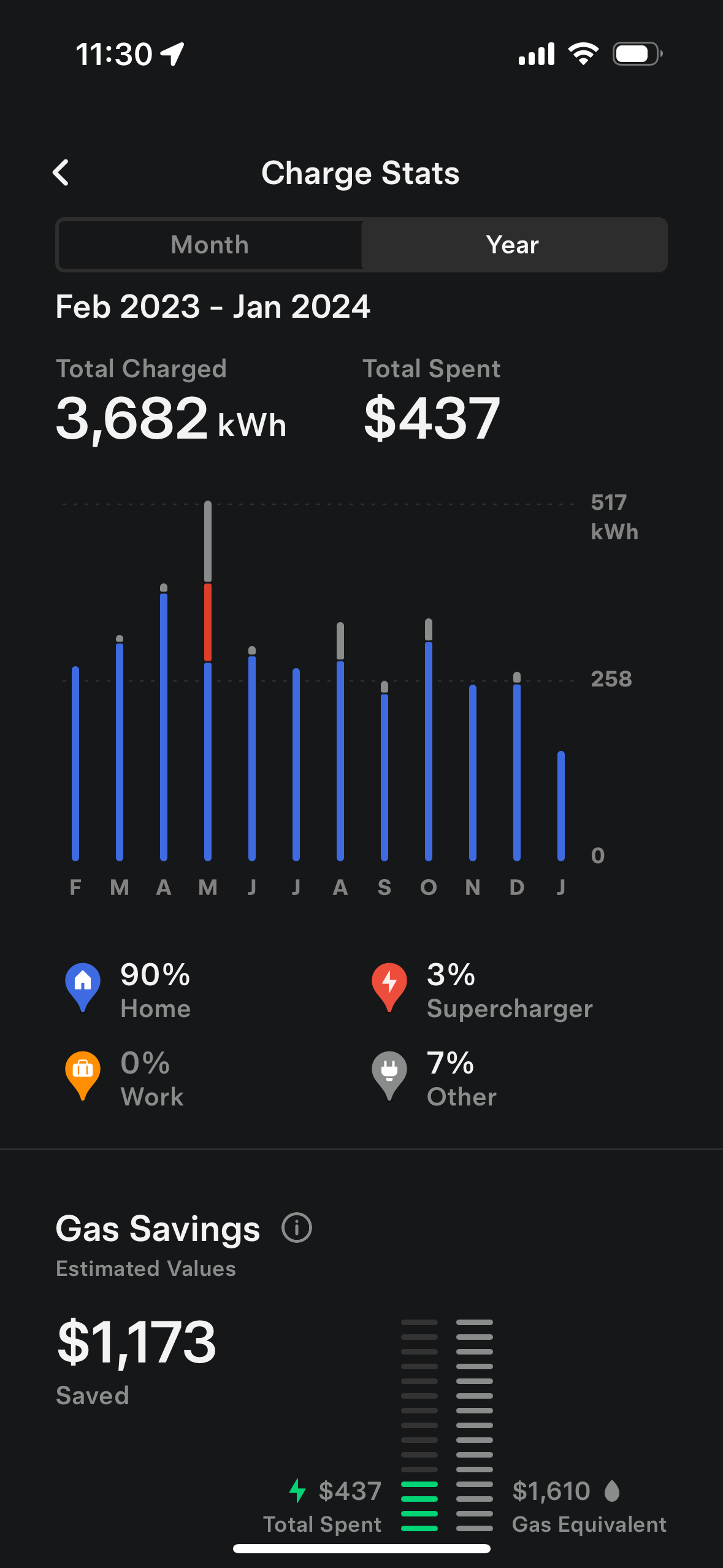
With fewer moving parts, EVs require far less maintenance.
The biggest exception is tires. You will probably need to replace your tires more frequently, especially if you regularly take advantage of the instant torque. I mitigate this with a good tire tread warranty.
Otherwise, all you need to do is replace your cabin air filters, windshield wiper fluid, and rotate your tires. You’ll probably never even have to touch your brake pads as regen braking spares them from much use!
4. “Electric vehicles are actually worse for people and the environment”
EVs are less polluting than ICE vehicles
This one has been debunked by plenty of scientists. Yes, EVs require more upfront processing. However, you will have emitted less pollution after driving ~13,500 miles, typically a little over a year of driving.
Yes, we should all be biking instead
I’m all for restructuring our society to create more bikeable cities. The Netherlands was able to accomplish this in a few decades! However, I don’t think we’ll be able to accomplish that change in the U.S. in time to address the climate crisis.
We are holding EV production to a higher standard than ICE vehicle production
Yes, we can and should address human rights concerns in the supply chain for electric vehicles. But we shouldn’t use that opportunity to improve as a reason to revert to the status quo. I probably don’t need to tell you (but I will anyway) that oil extraction and refining comes with significant environmental and human rights concerns.
Still on the fence? Try one!
If you’re the type of person that needs to experience something to believe it, you can! Renting an EV is easier than ever through companies like Hertz and Turo. You can probably also post on social media and get a handful of folks willing to give you a test drive in theirs. People who own EVs tend to (annoyingly) love talking about them!
If you’re in the New Orleans area, message me and I’ll be happy to take you around!

